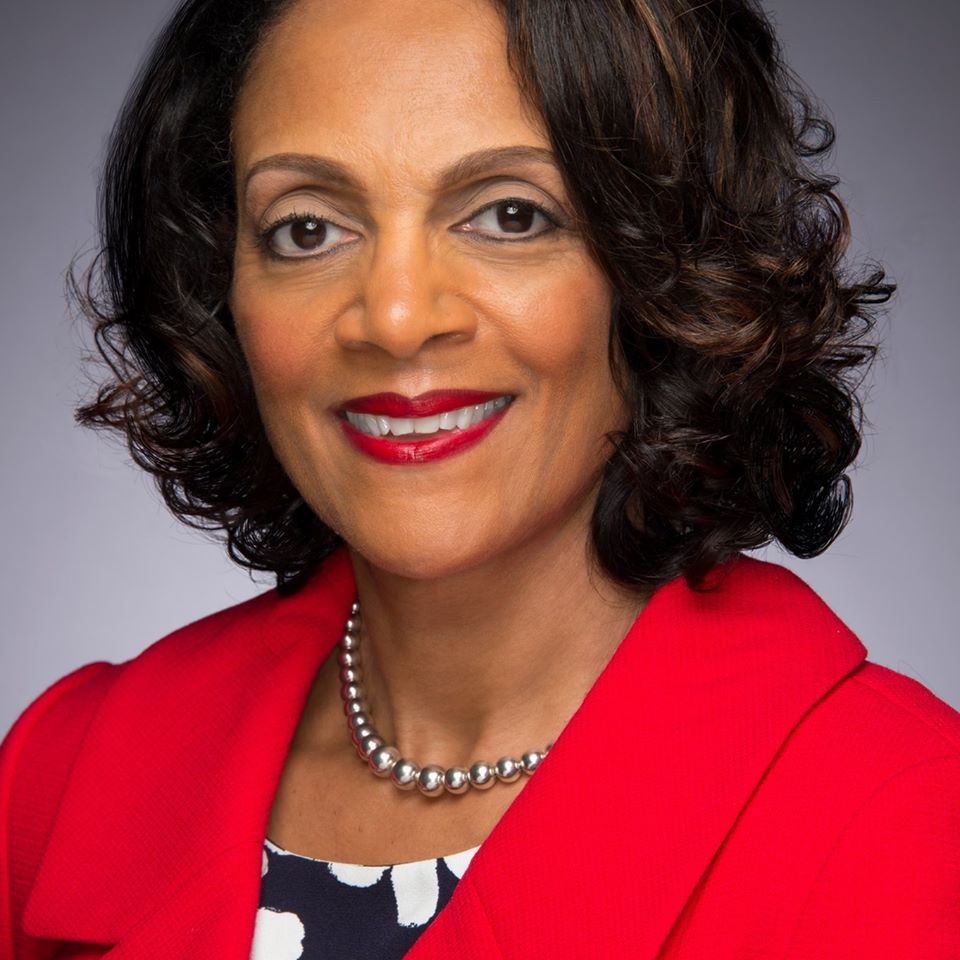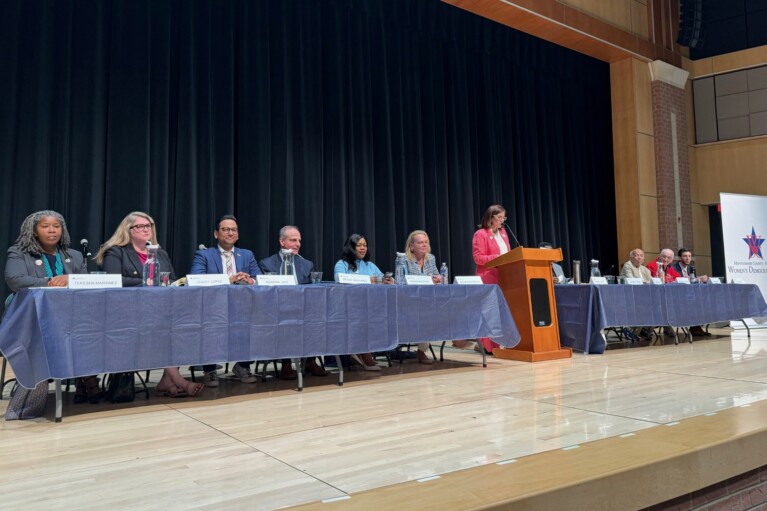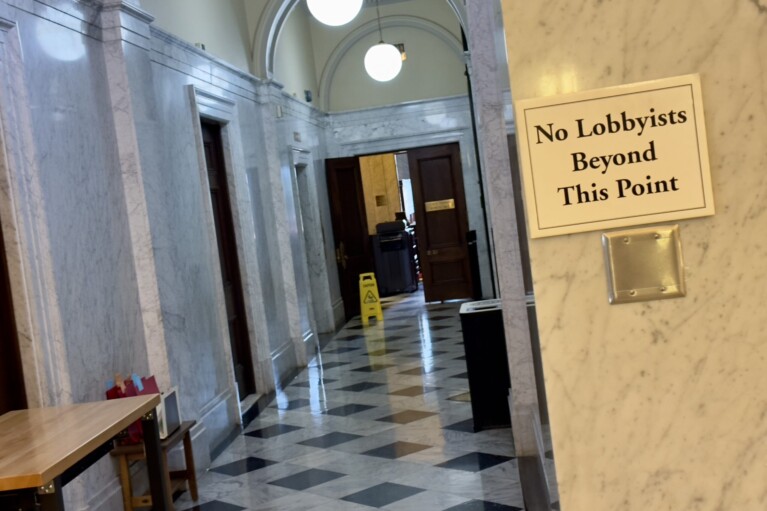Dixon, Scott Camps Express Confidence as Returns Trickle In

As state and local elections officials continued to count primary ballots Wednesday — most of them cast by mail — former Baltimore mayor Sheila Dixon and City Council President Brandon M. Scott both expressed cautious optimism that they would emerge victorious in the Democratic primary for mayor.
But it remained unclear when the ballots would finally be counted and when a winner would formally be declared. Ballots should keep arriving at elections offices for several days more.
The State Board of Elections last updated vote totals for Baltimore City a little after 1 a.m. Thursday. At that point, Dixon had 24,278 votes for 30.5%, compared to 19,685 votes for Scott, or 24.7%. Mary Miller, the former U.S. Treasury official, had 13,280 for 16.7%.
Dixon sent an email to supporters Wednesday afternoon, saying she was “feeling very upbeat and positive” about the outcome. The former mayor, who served from 2007 to 2010, also said she was inspired by the large numbers of people who turned out to vote in person despite the COVID-19 pandemic.
“To witness people’s drive, to see them fighting for change, and investing their time and raising their voice with their vote for Baltimore made my heart soar,” Dixon wrote.
Marvin James, Scott’s campaign manager, issued a statement Wednesday afternoon that also expressed optimism.
“We have been looking at the returns all day and, based on our analysis, we believe Brandon Scott will be the winner after all of the missing votes have been accurately accounted for and counted.”
One of the leading Democratic candidates for mayor, former Baltimore Police spokesman T.J. Smith, who was in sixth place as of Thursday morning with 6.1% of the vote, issued a statement conceding, suggesting that the COVID-19 pandemic made his bid more difficult.
“I am extraordinarily proud of the campaign we ran,” he said. “Despite the limited resources, we were
able to run an effective campaign through the midst of a global pandemic and historic quarantine/stay-at-home order.”
Shannon Wright, a nonprofit executive who describes herself as a “Frederick Douglass Republican,” was leading the GOP field with 28.3%.
State Del. Nick J. Mosby had a strong lead in the Democratic primary to replace Scott as City Council president, with 39.5%. Councilwoman Shannon Sneed had 27.4% and former Councilman Carl Stokes had 24.3%.
The Democratic primary for city comptroller was close, with Councilman Bill Henry leading 25-year incumbent Joan Pratt, 51.6% to 48.4%.
Many City Council races remained too close to call on Thursday — or had too few recorded votes to make meaningful projections.
Other races around the state that were too close to call: the Republican congressional primary in District 2, to determine who will challenge Rep. C.A. Dutch Ruppersberger (D) in November; and several judicial contests.




 Creative Commons Attribution
Creative Commons Attribution